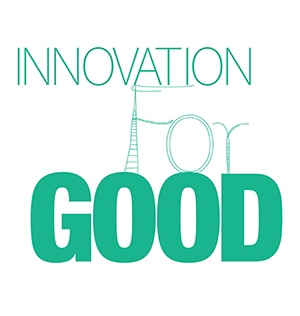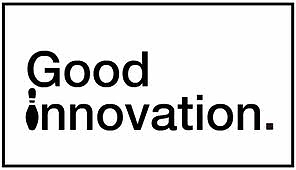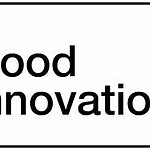What do we all have in our lives? Problems, they are the one thing that are common in all our lives. Most of the time we solve these problems with innovation, or of course create problems with them. Innovations can be used for the good and the bad. You have innovations that helped people all over the world, like medicines. A bad innovation is, for example, the atom bomb. It killed a lot of people in Hiroshima.
Innovation for Good" v:shapes="Picture_x0020_1">You have radical innovations and incremental innovations. Incremental innovation builds on existing knowledge and aims at existing customers. Radical innovation typically is aimed at both new markets and new knowledge. Responsible innovation requires radical innovation. Think of the internet. This technology created new options for action and because of this it raised new ethical issues, like privacy. We should try to address these problems earlier. Governments most of the time make legislation far after the technology is, sometimes even worldwide, implemented, for example as I earlier said the privacy issues of the internet. Now the internet is so big that it is very hard to control. Now there are big governance problems because of the fact that the government was not involved in this innovation. An example where the government was involved , but not in the right way, is the atom bomb. Should they not, for example, in the making of the atom bomb think more about the ethical issues of developing such a bomb with destructive power. If they had, it would make the Cold War less dangerous. Now because of America did not think about this we live in a world when these bombs fall in the wrong hands it can literally mean the end of the world. I think that radical innovations that change the world this much should be first tested by the government then the government or governments decide if it is good to produce or not. In a world where technology changes this much and improves at a fast rate is it not better to control the pace somehow. Or at least control the innovations, in an extent where the government decides which innovations will be produced or not. This is of course not the ideal solution, because you should be sure that the government can be trusted and this is not an open market anymore. How can the government be more involved in innovations? Sometimes the basic scientific principle explaining the working of a technology become clear after the technology is successfully utilised for years. The Invention of the principle technology to enable television can be dated between 1925 and 1930. Instead of the start of a product development project it took a decade before the first televisions were introduced. So an invention is not always something you can directly turn into a product. Sometimes it can take a couple of years to turn your invention in to a product. This is maybe a positive aspect of innovation. The government can in these years between invention and product check whether this innovation will make the world better or not.
I think it is important that governments interfere more with innovations to make sure that there will not be innovations that harms the world. As I began, innovations can be good and bad, the government should make sure that innovations are only good!



